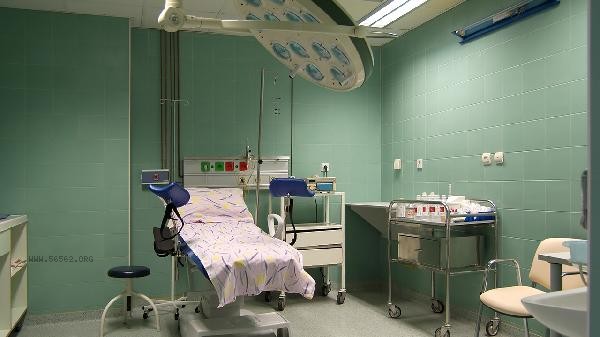Adolescent psychological counseling usually requires choosing hospitals with specialized child and adolescent psychology departments, such as mental health centers, tertiary hospital psychology departments, specialized children's hospital psychology clinics, etc. When choosing, attention should be paid to factors such as hospital qualifications, doctor professional background, and diversity of treatment methods.

1. Mental Health Centers
Provincial or municipal mental health centers typically have independent departments for child and adolescent psychology, equipped with specialized psychological assessment tools tailored to the developmental characteristics of adolescents. This type of institution has a multidisciplinary team that can provide a complete intervention plan from psychological counseling to medication treatment, with rich experience in common problems such as depression, anxiety, and ADHD. Some centers also offer inpatient treatment services, suitable for patients with moderate to severe psychological problems.
2. Psychological departments of tertiary hospitals
The psychological departments of comprehensive tertiary hospitals often provide more comprehensive physiological psychological combined diagnosis and treatment, especially suitable for adolescent patients with accompanying physical symptoms. These departments usually have medical equipment such as electroencephalography and hormone testing, which can eliminate the influence of organic diseases on psychological status. Some hospitals also offer family therapy and group counseling programs to help improve parent-child relationships and social barriers.
3. Specialized Children's Hospital
The psychological outpatient department of specialized children's hospitals is more familiar with the growth and development patterns of adolescents, and the treatment methods are more interesting and age appropriate. Doctors often use nonverbal communication methods such as sand table games and art therapy, which have significant effects on young or language restricted adolescents. These types of institutions usually establish referral cooperation with schools to facilitate subsequent campus psychological support and follow-up. 4. University affiliated hospitals with psychology departments often have both clinical and research advantages, and can provide the latest evidence-based treatment plans. These institutions often carry out standardized psychological interventions such as cognitive-behavioral therapy and dialectical behavioral therapy, and have the conditions to participate in clinical trials of new treatment methods. Academic background also ensures the standardization and cutting-edge nature of diagnosis and treatment plans.

5. Private Psychological Specialist Institutions
Some high-end private institutions have advantages in terms of medical environment and privacy protection, providing one-on-one exclusive psychological doctor services. But special attention should be paid to verifying whether the institution has a medical practice license and whether the psychotherapist holds national certification qualifications. These types of institutions are more suitable for early intervention and long-term follow-up management of mild to moderate psychological problems. When choosing a hospital, it is recommended to give priority to public medical institutions. Before seeking medical treatment, you can check the department settings and doctor expertise on the official website. Psychological counseling needs to be carried out continuously, and it is recommended to choose a hospital with convenient transportation for regular follow-up visits. Parents can inquire in advance whether the hospital provides family education guidance services such as parent classrooms. During the treatment period, it is necessary to cooperate with the doctor to establish a good doctor-patient trust relationship and avoid frequent changes in diagnosis and treatment institutions that may affect the treatment effect. Pay attention to observing the emotional and behavioral changes of adolescents in daily life, and communicate with doctors in a timely manner to adjust intervention plans.





Comments (0)
Leave a Comment
No comments yet
Be the first to share your thoughts!